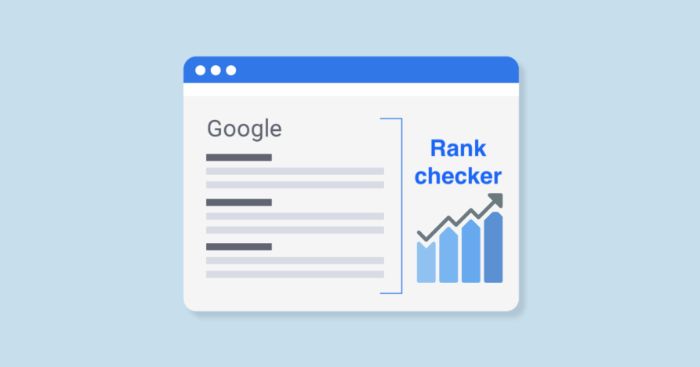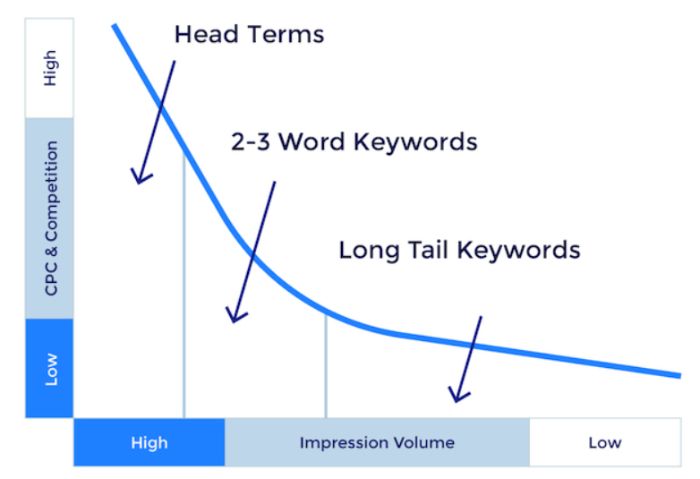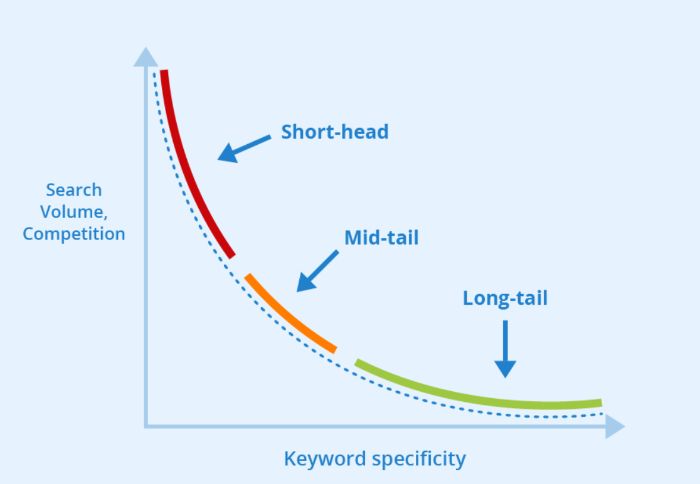What Does Keyword Research Envoy?
Your content will rank higher on a search engine results page if you research standard search terms people use and strategically incorporate them into your writing (SERP). A crucial component of search engine optimization (SEO) is keyword research.

Choosing an article topic focused on a group of specific keywords you want it to rank for is the first step in learning how to conduct keyword research for SEO.
In recent times, keyword research has become an essential component of SEO. Finding the reader or customer persona would aid you in your keyword research. Additionally, it might suggest the precise terms you should use to focus your investigation.
To find high-ranking keywords, you must first select a topic relevant to the group of keywords you wish to employ in your content. It’s more crucial than you think to read your audience’s thoughts and figure out what they want.
Keyword research would be useless if you didn’t understand what your readers were thinking.
Importance of Keyword Research
Before semantic search, keywords were the primary method of informing search engines about the topics you were writing about. The idea is that your article appeared more relevant the more you utilized the term. The following are some advantages of keywords:
1. Knowing your keyword phrases
It will help you understand your brand, business, and target market. What precisely are you attempting to market? Which services do you offer? Of course, a company needs to target the correct demographic, and knowing your keywords can help you establish your brand.
2. Finding Rank for keywords
Finding out where you rank for keywords, which are straightforward, and which keywords your rivals rank for may all be learned from keyword research. The main driving force behind starting an online business or website is a success.

Researching a topic using keywords will show whether it is worthwhile to pursue it or not. Using a keyword research tool rapidly or manually is two of the options available to accomplish this.
3. Results of keyword research
The results of keyword research could contradict your assumptions about what people want. You must learn more about your target market before conducting keyword research, allowing you to understand your customers better. Look up information about your problem on Google or in a forum.
4. The ability of search engines
It will rank your webs depending ends on their knowledge of your company. If you incorporate such keywords into numerous website pages, Google will rank you for those phrases. Furthermore, your website will get more visits if you choose the right keywords for outreach and blogs.
5. Shares on social media increase
You satisfy their needs after completing keyword research. Their propensity to share content suggests that it will grow organically and require less link-building work. Particularly on Facebook and Twitter, people enjoy sharing their favorite things and make sure to include a sharing option for writing or photography.

Adding keywords to your images is a technique that will make it easier for image searchers to find your pictures in the future. An image is useless if it can’t be found.
WebHelpAgency’s search results are frequently the best place to begin, though. Here, we offer services like analysis and keyword research for images.
Varieties of Keywords
Let’s talk briefly about the two primary categories of keywords—long-tail and short-tail—before we offer you some keyword research advice.
Long-tail Keywords
Long-tail keywords fall under this category as key phrases with five or more words.
A long-tail keyword can be “what food is dangerous for dogs,” for example.

Because there is less competition for long-tail keywords than for short-tail ones, it is a beautiful idea to target them to grow SEO traffic gradually.
The fact that specific keywords are utilized by searchers seeking particular knowledge, goods, or services also contributes to the more excellent conversion rates for these keywords.
Short-Tail Search Terms
Short-tail keywords are just as brief as their name suggests, and these are often one to two words long.
Dog food is a perfect illustration of a short-tail keyword.
If you perform keyword research on this topic, you’ll see that this term has far more competition and a more extensive search volume than the long-tail keyword “what food is harmful to dogs.”

It will be challenging to rank for this term due to the high level of competition, taking a lot of time and effort.
Another consideration with short-tail keywords is that they are frequently broad and untargeted. This indicates that these keywords’ conversion rates aren’t as high as long-tail keywords.
Marketing professionals and content creators shouldn’t often focus on short-tail keywords, especially if the brand doesn’t have a strong market position or a solid reputation.
Keyword Research Tips
The following advice will make keyword research a little bit simpler.

Negative keyword usage
If you want to improve your search engine ranks, use more than just targeted keywords. You don’t want to focus on these terms. For instance, including “men’s” as a negative keyword could be a good idea if you offer women’s shoes. This way, people looking for men’s shoes won’t see your adverts.
Track Your Keywords
After choosing keywords, it’s crucial to track them. You may monitor your progress using programs like Google Analytics, which you may use to monitor your progress and make adjustments. So, keyword research is a fantastic technique to enhance your website or blog.
Utilize Keyword Research Tools
There are a lot of excellent keyword research tools online, and Google AdWords Keyword Planner is among the most well-liked tools. To find the ideal keywords, try an SEO tool. These tools can assist you in locating similar keywords, obtaining traffic projections, and determining how challenging it would be to rank for particular keywords.
Take Search Intent Into Account
When typing a keyword or phrase into a search engine, it’s crucial to consider search intent. Do they intend to buy anything? Are they searching for data? You may focus your keywords more effectively on the motivation.
Be Clear About Your Intent
It’s crucial to be clear about your intentions before you begin your keyword research. What do you expect your study to accomplish? Would you like more people to visit your website? Trying to elevate your search engine ranking? Your study can be more effectively focused once you are aware of your intention.
Conclusion
Finding quality keywords that will benefit your website is the primary goal of keyword research, rather than just focusing on phrases that your audience may be looking for.
Remember to employ long-tail search terms if your keywords aren’t increasing traffic or conversions; otherwise, it may be time to do some thorough keyword research.
You could learn a thing or two about your rivals and even locate some great content ideas.
Remember that keyword research is still essential in tailoring your on-page content for your chosen keywords. For surefire success, use our guide to incorporate your keywords.
